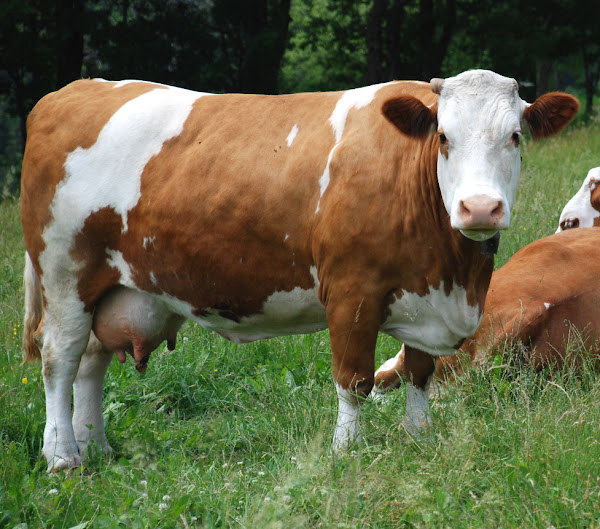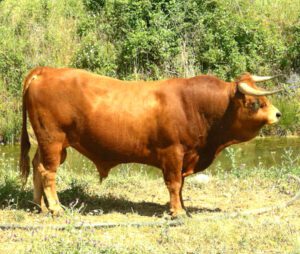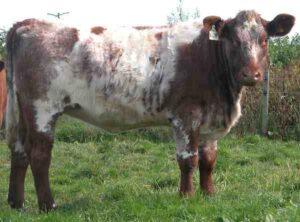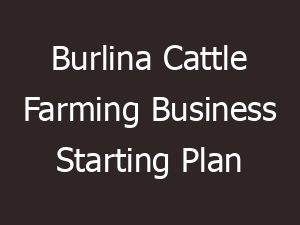Do you know how to keep a milking cow? You actually need to know about keeping a milking cow for enjoying delicious fresh milk and other milk products (such as cheese card, cream etc.).
Keeping a milking cow is not only good for enjoying fresh and delicious milk everyday, but also good for keeping you busy and it’s also a good source of entertainment.
Actually keeping a milking cow has many benefits. And raising a family cow can be a fun experience. Raising dairy cows is a great step toward self-sufficiency and food security.
The cows which are raised on grass-based diet can provide great-tasting dairy products that are more nutritious and flavorful than those you can buy in most stores.
Although, keeping a milking cow is a big commitment and you will need to take good care of her for keeping her healthy and productive.
So, prepare carefully before you plan for keeping a milking cow on your farm.
Keeping a Milking cow
There are some common steps which need to be followed for keeping a milking cow. Here we are describing more about the steps, read and follow them carefully.
Choose Breed
First of all, you have to choose a breed to start with. There are numerous cattle breeds available throughout the world to choose from.
And there are many breeds available which are good and used for milking.
Most common dairy cattle breeds are Holstein Friesian, Jersey, Milking Devon, Brown Swiss, Dexter, Red Poll, Ayrshire, Guernsey, Milking Shorthorn etc.
Purchase the Cow
After choosing the suitable breed, it’s time to purchase it. Exact price of a dairy cow can vary depending on your place.
Please search any of your nearest livestock market or any existing farms for more information about price.

Generally a first-calf heifer will cost you less money. But a proven milking cow will cost you more. You should purchase cow depending on your budget.
Caring for the Cow
Like all other farm animals, cows require food, water, shelter, regular health care and enough space to move around.
Along with providing sufficient amount of food and water, they also require mineral licks or loose mineral. However, here we are describing about each factor below.
Shelter
You must have to ensure adequate shelter for your cow where it will spend the night.
Good shelter is also required for the cow to keep her safe during adverse weather conditions.
Feeding
Feeding is the most important part of keeping a milking cow. Dairy cows generally require balance diet for keeping healthy and productive.
Ensure availability of sufficient grass with loose mineral. Cows require extra energy during winter, so supplement their diet during winter season.
Pasture is always good for milking cows, so it will be better if you can arrange pasture for your cow.
You can use hay as the primary diet for your cow. Ensure access of good quality hay to her all times if you can’t allow her to pasture.
You can also offer a dairy ration to your cow for increasing milk production.
Watering
You must have to provide your cow with plenty of fresh water. Because lactating cow generally drinks a lot of water daily.
Milking the Cow
You should milk your cow daily by following a schedule. It’s important to milk your cow at least once a day, but some people prefer milking the cow twice a day.
But most of the farmers who raise only 1 or a few cows for family consumption, milk their cow once a day. You can either milk the cow by hand or by using a machine.
Breeding
Breeding dairy cows is very important. Because the cow must be bred to produce calf and also in order to keep her producing milk. Read more about breeding dairy cow.
Weaning the Calf
In most cases, the calves generally depend on their mother’s milk for their first 3 months of age.
In most commercial dairy farms, the calves are usually taken away from their mother a day or 2 after birth.
But in case of keeping a milking cow on small farms, you don’t have to do this.
You can start little by little, decreasing the calf’s reliance on it’s mother’s milk by the time it reaches 1 or 2 months of age.
Monitor the Health of Your Cow
Your cow can get sick sometimes. So, you must have to take good care of the cow for keeping it healthy.
Proper handling, quality feeding and timely vaccinations can help you to keep your cow free from most of the health related problems.
By the way, you should keep good contact with your vet and call him/her if necessary. Good luck!






